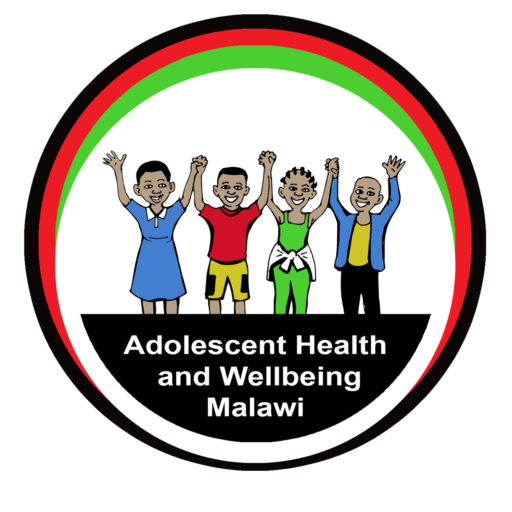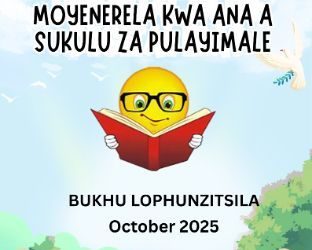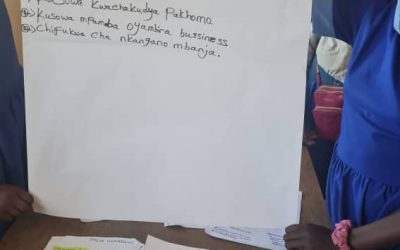After many months of collaborating across disciplines and expertise between University of Strathclyde, Kamuzu University of Health Sciences and Malawi University of Business and Applied Sciences the teams were delighted to depart to the field to begin their engagement with young people from across Mchinji and Blantyre Districts.
Exploring issues spanning across sexual and reproductive health, water, sanitation and hygiene, wellbeing and adverse childhood experiences, the research teams have been using a range of methods to capture the experiences, challenges and opportunities of young people in these settings. The findings from this formative research will form the basis of the future interventions and trials the teams will be co-designing and implementing as part of this NIHR Global Health Research Group.
Malawi has a rich culture of using arts and drama in health promotion and community engagement. However we were very excited to see how these arts based methods could be used to help adolescents express the challenges, hopes and desires they face in their day to day lives. There was also trepidation about the use of more technological based methods such as self-led surveys on tablets, and PhotoVoice, particularly with adolescents in rural areas where their exposure to these technologies was limited.
During a supervisory visit to Malawi in February 2024, I was delighted to see the teams in action and hear about their progress across Mchinji District. The team exploring water, sanitation and hygiene WASH) issues spent three weeks engaging with both in school and out of school adolescents to understand how access to WASH affects their day to day lives, including access to education. Our PhD candidate Rossanie Malolo was particularly excited to share their experiences with the arts based activities, animatedly describing how one young man had depicted the infestation of bees in the school toilets which meant students were forced to use open defaecation. I also had the opportunity to hear first hand from students describing the images they had captured using PhotoVoice – their first use of a camera to be able to show their real life experiences and provide insights we would otherwise not have access to. The next steps after this data analysis will be the opportunity to bring our findings to young people to validate them and co-design our interventions as our research partners.~ by Prof Tracy Morse (Principle Investigator – UoS)




